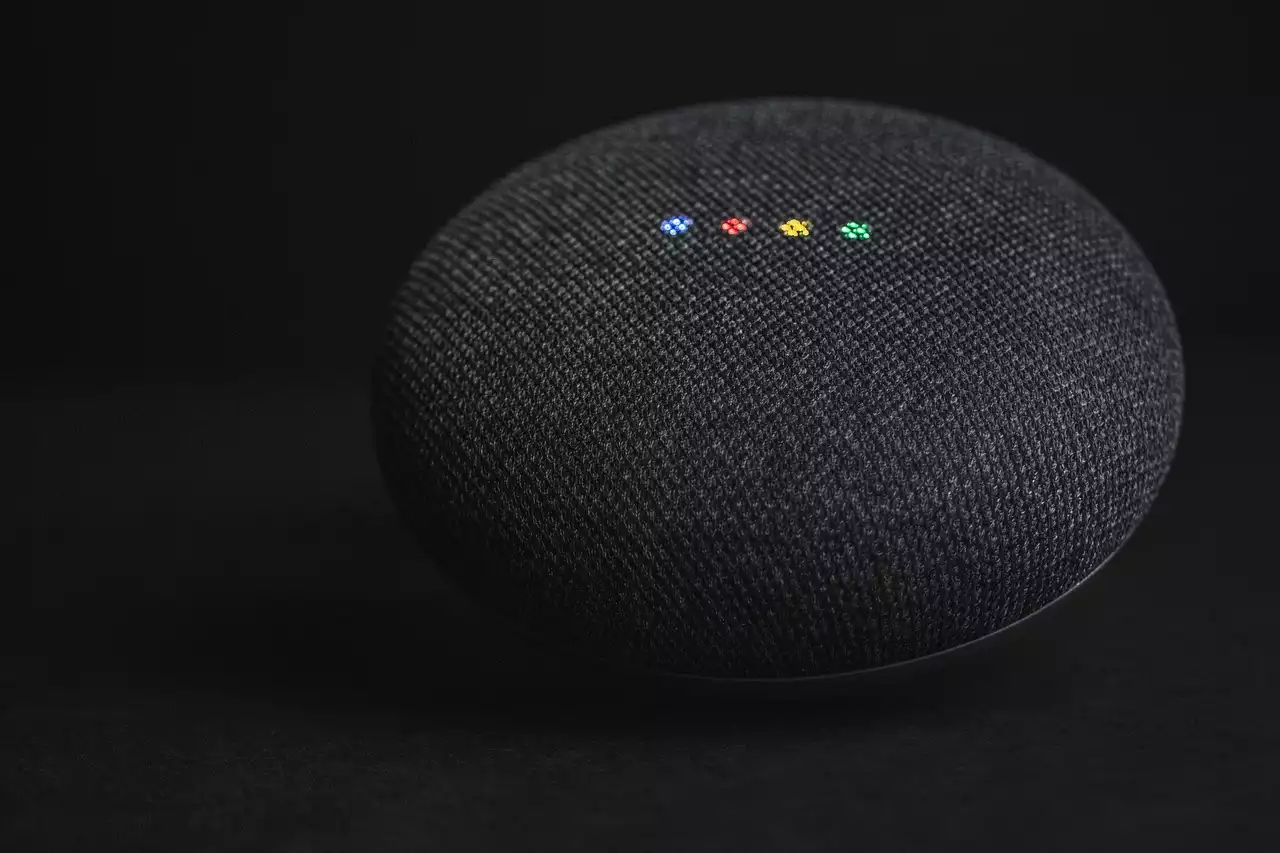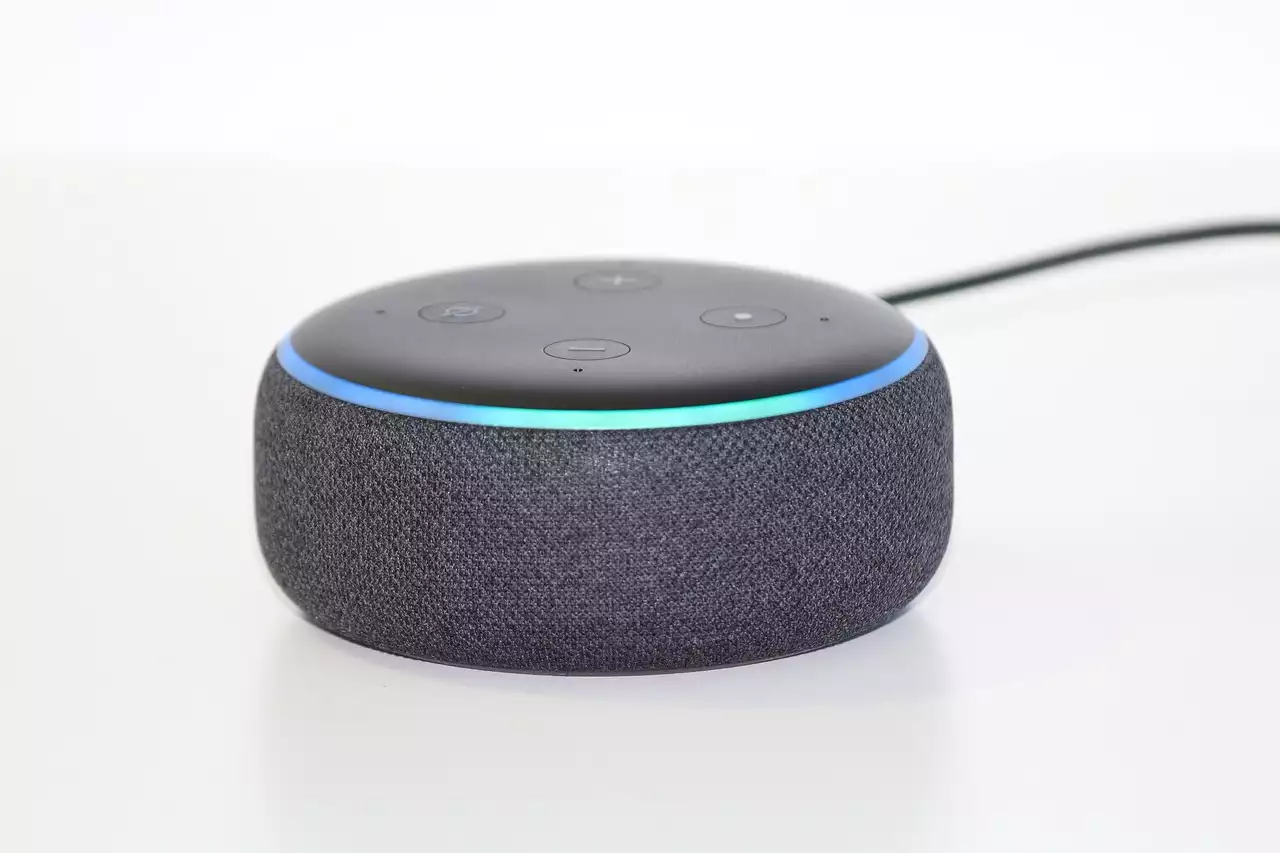Overview of Voice Assistants
Voice assistants operate using Artificial Intelligence (AI), enabling them to respond to certain voice commands and perform a variety of functions. Voice assistants are often used to play music, set alarms, access information, and control smart devices. Depending on the model, they may also be able to carry out more complex tasks, such as setting calendar appointments, reading emails, and sending text messages. Voice assistants work by listening to the sound of the human voice. The term “voice assistant” refers to a range of devices with similar functionality, including smart speakers and virtual assistants. Smart speakers are smaller devices designed for voice interaction and playing music. Virtual assistants can be found on smartphones and computers, offering a subset of the functionality of a smart speaker. Voice assistants are becoming increasingly common and are available from a variety of manufacturers. The most popular voice assistants include Amazon Alexa, Google Assistant, and Apple Siri.
Comparison of Main Voice Assistants
Voice assistants are very helpful devices that allow users to control a wide range of smart home appliances and receive a wealth of information. Each voice assistant has its own unique features and capabilities, so it is important to consider the voice assistant that is best suited to your needs. In this article, we will compare three of the most popular voice assistants - Google Assistant, Amazon Alexa, and Apple Siri.
Google Assistant
Google Assistant is a voice-activated virtual assistant that can be used with a wide variety of devices, including Android smartphones, iPhones, and other smart speakers. Google Assistant can be used to control a wide range of devices, receive information, make appointments, and much more. Google Assistant is a helpful voice assistant with a large list of capabilities. One of the best things about Google Assistant is that it can understand natural language. This means that you don’t have to use special commands or a specific syntax to get Google Assistant to do what you need it to do. Any natural language will do. Google Assistant is good at answering general knowledge questions, but it excels at controlling smart home devices. Google Assistant can be used to control a wide range of smart home appliances, including lights, thermostats, fans, and more.
Amazon Alexa
Amazon Alexa is a voice service that is used to create apps with a wide variety of skills that can be used to control a wide range of devices and receive information. As a voice service, Alexa can be used with a wide variety of devices, including Amazon Echo devices and other smart speakers. Alexa is perhaps best known for its ability to control smart home appliances. Alexa can be used to control a wide range of smart home appliances, including lights, thermostats, fans, and more. Alexa can also be used to receive information. Alexa is good at answering general knowledge questions, but it excels at controlling smart home devices.
Apple Siri
Apple Siri is a voice-activated virtual assistant that can be used with a wide variety of Apple devices, including iPhones and other smart speakers. Siri is similar to other virtual assistants but is unique in that it works with only Apple devices. Siri is a helpful virtual assistant with a wide range of features. One of the best things about Siri is that it can understand natural language. This means that you don’t have to use special commands or a specific syntax to get Siri to do what you need it to do. Any natural language will do. Siri is good at answering general knowledge questions, but it excels at controlling smart home devices. Siri can be used to control a wide range of smart home appliances, including lights, thermostats, fans, and more.
Factors to Consider when Choosing a Voice Assistant
While each voice assistant has its own strengths and weaknesses, there are certain factors you should consider when choosing the best voice assistant for your needs. Voice recognition accuracy is an important factor to consider when choosing a voice assistant. Voice recognition accuracy refers to the ability of the voice assistant to understand and correctly interpret a user’s voice commands. Another important factor to consider is the breadth of commands available. The more complex the commands, the more likely you are to run into issues with voice recognition accuracy. The ability to integrate with other devices is another important factor to consider when choosing a voice assistant. Devices that can integrate with other smart home devices are often more useful, as they enable you to do more. For many, the choice of voice assistant will come down to brand loyalty and personal preference. For those who are still trying to decide which voice assistant is best for them, there are a few things you can do to help make the decision easier. First, you should try each voice assistant and see which one works best for you. Second, you should consider the factors outlined above when making your decision.
Voice Recognition Accuracy
Voice recognition accuracy is an important factor to consider when choosing a voice assistant. Voice recognition accuracy refers to the ability of the voice assistant to understand and correctly interpret a user’s voice commands. For example, if you want to play a specific playlist on your smart speaker, you might say, “Play music by The Beatles.” If the voice recognition accuracy is poor, the voice assistant might misunderstand your command and play music by another artist named The Beatles. With good voice recognition accuracy, this mistake won’t happen. This is something you should keep in mind when choosing a voice assistant. The best way to determine a voice assistant’s level of voice recognition accuracy is to try it for yourself. You can do this by setting up a smart speaker with the voice assistant of your choice and trying out some commands. This will give you a good idea of how accurate the voice assistant is and if it would be right for you.
Breadth of Commands
The breadth of commands available is another important factor to consider when choosing a voice assistant. A voice assistant’s breadth of commands refers to the number of different functions it can perform. For example, with a virtual assistant that can only control smart home appliances, the breadth of commands will be narrower than with a virtual assistant that can perform a wide variety of other tasks as well. The more complex the commands, the more likely you are to run into issues with voice recognition accuracy. Another thing you should keep in mind when choosing a voice assistant is the ability to integrate with other devices. Devices that can integrate with other smart home devices are often more useful, as they enable you to do more. For example, a virtual assistant that can only control smart home appliances can only do so much. A virtual assistant that can integrate with other smart home devices, such as security systems, will be much more useful.









